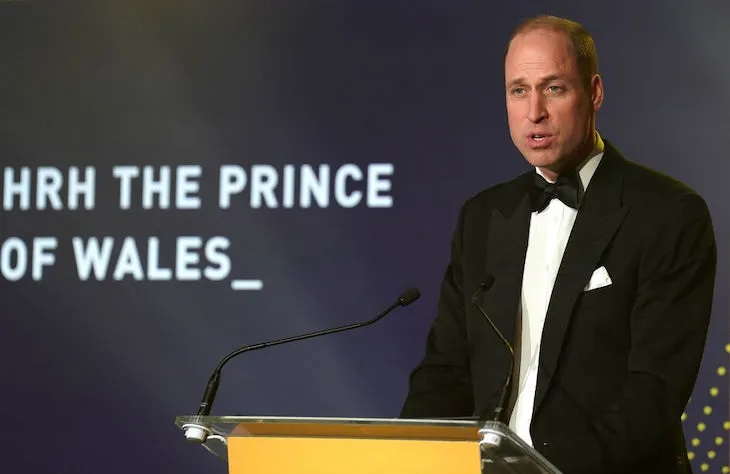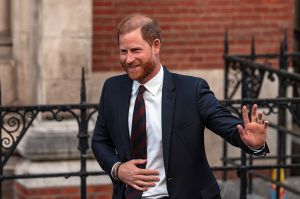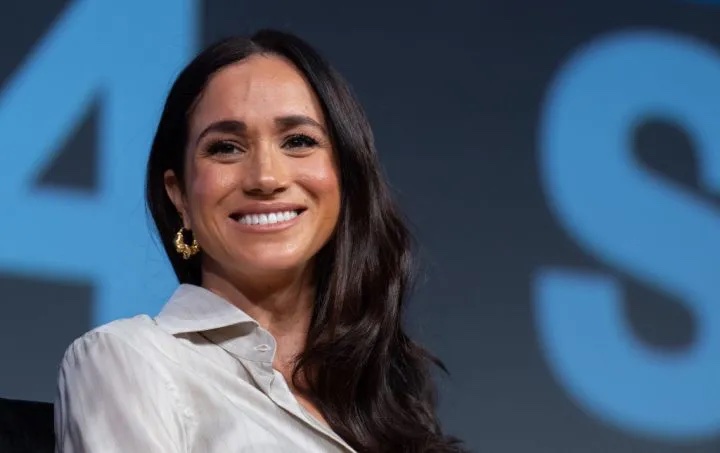The reaction to the Princess of Wales’s courageous and affecting video, in which she discussed her cancer diagnosis, was largely as might be imagined. Most people, including those who had previously exhibited confusion or skepticism about the various failings in the British royal family’s communication strategy, found it both shocking and deeply moving, and commended Kate for her candor. However, there remains a small but vocal minority who seized upon the statement to lambast her further.
What this story has inadvertently done is to reveal the weakness of the slimmed-down monarchy
We do not need to give the deluded and vicious the oxygen of publicity, but nonetheless, once the initial burst of sympathy and surprise has died away, the revelation of the princess’s illness has led to existential questions being asked about what happens when not one, but two senior members of the royal family are simultaneously suffering from cancer. The last time this happened to a monarch was in the early Fifties, when George VI’s diagnosis of lung cancer meant that he took on considerably fewer royal duties, and increased responsibility passed to his eldest daughter, Princess Elizabeth; she used the time to prepare for her accession to the throne, which inevitably came in 1952.
Yet circumstances were considerably different then: not only was the king’s illness not made public, but he himself was kept in the dark as to the seriousness of his condition, being told only that it was a severe case of pneumonitis, and one that he would recover from in due course. Back then, it was far easier to keep such details out of the public eye. Now, however, not only has Kate been compelled to be explicit about her personal health, but it is unclear as to how this will affect the everyday workings of the royal family itself.
As matters stand, of the core monarchy, the King and Princess of Wales are, understandably, presently out of action, with no indication as to when they will be able to return to their duties. While for constitutional purposes Charles remains a working monarch, should his condition worsen then responsibilities for matters of state and government will pass to his son as next in line to the throne, meaning that William could potentially be in the unenviable position later this year of caring for his ill wife and children as well as taking on the burden of monarchy. If this happens, then the public-facing duties that he currently undertakes — everything from visiting homeless charities to attending the BAFTAs — will be impossible for him to fulfill, meaning that the other royals will be called upon as never before.
Although Queen Camilla is undeniably prepared to shoulder her share of responsibilities, and Princess Anne, often regarded as the hardest-working royal, will continue to cope admirably with her packed calendar, the stark reality is that, without the King, Princess of Wales and, possibly, the Prince of Wales, there are simply not enough senior royals to go round for the monarchy to fulfill its public functions. The Duke and Duchess of Edinburgh have been pressed into service — which may or may not be a risk, given some of Edward’s recent statements — and there is speculation that Princess Beatrice and Eugenie will have to step up to the mark and become working royals, too, whether they wish to or not. Duty, after all, outweighs other considerations.
Yet what this story has inadvertently done is to reveal the weakness of the slimmed-down monarchy. Prince Andrew, the Duke of York, may have been grinning broadly as he paraded at the front of the family at King Constantine of Greece’s memorial service last month, but the imminent dramatization of his disastrous Newsnight interview in Netflix’s show Scoop will remind the world of the reasons for his disgrace and previous ostracization from such events. Prince Harry, meanwhile, may have let it be known that he is available to return on a part-time basis to fill in for his indisposed family, but given that his estrangement from his elder brother is such that the two prefer not to be on the same continent as one another, let alone the same room, it seems unlikely that he will be called upon.
On a personal level, it is impossible not to have sympathy for the royals at this time. But on a constitutional and public basis, it is hard not to believe that, barring a miraculous development, there are fundamental problems that are only going to worsen over the coming months, which could end up proving the greatest challenge that the institution has faced in nearly a century.
This article was originally published on The Spectator’s UK website.


























Leave a Reply